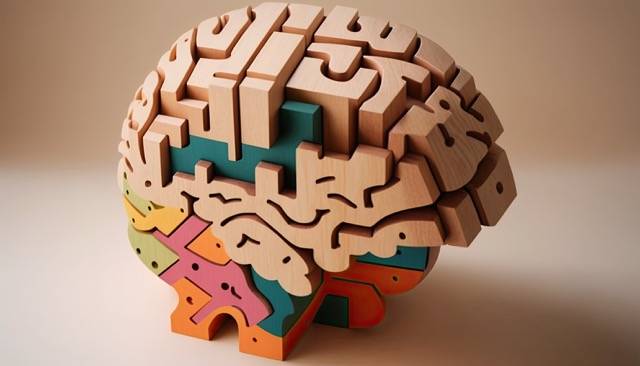Attention Deficit Hyperactivity Disorder (ADHD) can present unique challenges in daily life. However, with the right strategies and support, individuals with ADHD can effectively manage their symptoms and thrive. In this blog, we will explore the top 10 strategies that have proven to be helpful in managing ADHD symptoms, empowering individuals to unlock their full potential and lead fulfilling lives.

- Establish a Routine:
Creating a consistent daily routine provides structure and helps individuals with ADHD stay organized. Set regular times for activities such as waking up, eating meals, working, and engaging in leisure activities. Routines reduce decision-making fatigue and provide a sense of predictability, enhancing focus and productivity.
- Break Tasks into Manageable Steps:
Large tasks can be overwhelming for individuals with ADHD. Breaking them down into smaller, manageable steps makes them more approachable. Use visual aids, checklists, or digital task management tools to help track progress and provide a sense of accomplishment along the way.
- Utilize Time Management Techniques:
Time management is crucial for individuals with ADHD. Strategies like setting timers, using reminders and alarms, and utilizing time-blocking techniques help improve focus, reduce procrastination, and increase productivity. Prioritize tasks and allocate specific time slots for each activity to stay on track.
- Create an Organized Environment:
A clutter-free and organized environment can significantly improve focus and concentration. Establish designated spaces for important items, use storage solutions, and minimize distractions. Utilize calendars, whiteboards, and digital tools to keep track of appointments, deadlines, and commitments.
- Practice Mindfulness and Meditation:
Mindfulness and meditation techniques can help individuals with ADHD enhance self-awareness, reduce impulsivity, and improve attention span. Engaging in regular mindfulness practices, such as deep breathing exercises or guided meditation, promotes relaxation and mental clarity.
- Implement Effective Study Strategies:
For individuals with ADHD, studying can be particularly challenging. Break study sessions into shorter intervals, use visual aids or mnemonic techniques, and create a quiet and focused study environment. Incorporate active learning strategies like summarizing information aloud or using flashcards to enhance retention.
- Exercise and Physical Activity:
Regular exercise and physical activity are beneficial for managing ADHD symptoms. Engaging in activities like aerobic exercise, yoga, or martial arts helps reduce restlessness, improve focus, and increase dopamine levels, which positively impact attention and mood.
- Seek Support and Education:
Building a strong support network is essential for individuals with ADHD. Connect with support groups, seek guidance from mental health professionals, and engage in educational resources that provide valuable information and coping strategies. Sharing experiences with others who understand can offer a sense of validation and empowerment.
- Develop Self-Compassion:
Practicing self-compassion is vital for individuals with ADHD. Be patient with yourself and acknowledge that ADHD is not a personal flaw but a neurological condition. Embrace self-care activities, engage in hobbies, and celebrate achievements, no matter how small. Cultivating self-compassion fosters resilience and a positive mindset.
- Explore Treatment Options:
Consult with a healthcare professional to explore appropriate treatment options for ADHD, such as medication, therapy, or neurofeedback. These interventions can help manage symptoms and provide valuable support in daily life. Working with a healthcare team ensures a comprehensive approach to addressing ADHD symptoms.
Managing ADHD symptoms can be challenging, but with the right strategies, individuals with ADHD can lead fulfilling and successful lives. By implementing routines, breaking tasks into manageable steps, practicing time management techniques, and creating an organized environment, individuals with ADHD can improve focus, productivity, and overall well-being. Additionally, incorporating mindfulness practices, seeking support, and exploring treatment options are essential components of an effective ADHD management plan. Remember,


